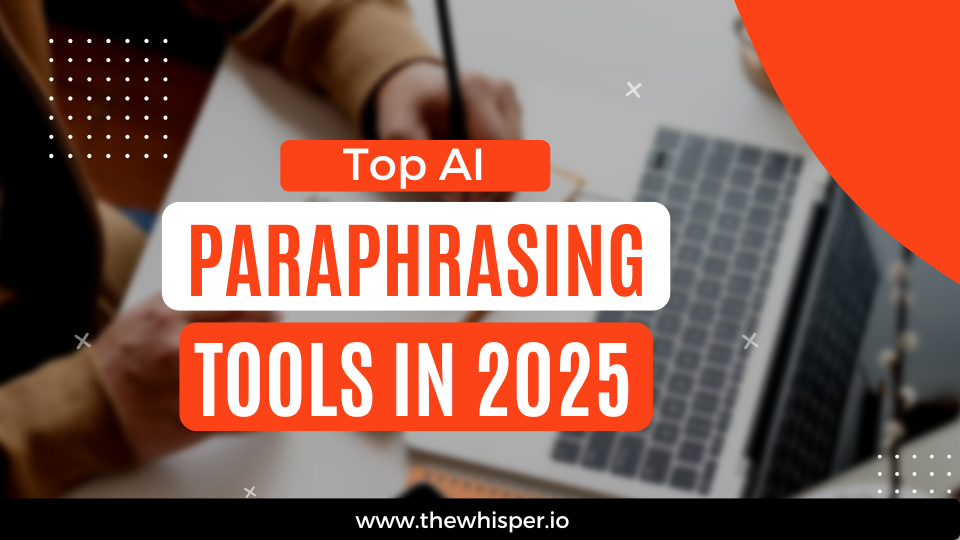The financial industry stands on the threshold of a technological revolution as we head into 2025. Artificial intelligence in finance has evolved from a science fiction utopia to a critical reality redefining every area of the financial scene. AI in finance transforms the way we manage money, measure risk, and deliver financial services to the millions of consumers around the globe, be it on the trading floors of Wall Street or in neighborhood banks.
Table of Contents
The State of AI in Finance Today
The use of AI in the finance industry has gained momentum in the last few years. Banks and financial firms now use advanced algorithms and artificial intelligence models to sift through vast amounts of information, interpret patterns, and make choices once reserved for humans. This digital banking has opened up unprecedented possibilities for consumers as well as financial institutions.
Manual intervention and human decision-making-based traditional banking methods are making way for AI-powered banking solutions that function at unprecedented speeds and accuracy. These solutions are capable of analyzing thousands of variables within milliseconds to derive insights that would take days or weeks for human analysts to determine. This translates into a quicker, more responsive, and more personalized financial experience for all stakeholders involved.
Groundbreaking Uses Shaping the Sector
Predictive Analytics and Financial Forecasting
Perhaps the most powerful influence of AI in finance exists in its ability to forecast forthcoming financial outcomes and trends in the marketplace. AI finance forecasting today is highly sophisticated, leveraging historical information, marketplace indicators, and even social sentiments to predict market movement. These predictive finance models enable investment firms to optimize their portfolios and allow banks to better assess credit risk.
Machine algorithms can now spot nuances in financial information that might go unnoticed by humans. By analyzing vast amounts of data — from financial indicators to consumer purchasing behavior — these systems provide banks with an unparalleled view into marketplace trends and customer needs.
Fraud Prevention and Security Enhancement
The battle against financial scams has been greatly enhanced by artificial intelligence. AI software is proficient at detecting anomalous patterns in transaction databases, identifying potential fraudulent activity in real time, and continuously learning from each transaction to improve its accuracy.
Unlike conventional rule-based systems, AI-driven fraud detection adapts to emerging threats, decreasing false positives and identifying sophisticated fraud attempts that may otherwise go unnoticed.
Algorithmic Trading and Investment Management
High-frequency trading algorithms can execute thousands of trades per second, exploiting tiny price differentials within milliseconds. These AI algorithms utilize financial metrics, news feeds, and market data simultaneously to make decisions based on complex mathematical models.
Robo-advisors are another major innovation, making personalized investment management accessible to individual investors. These platforms use sophisticated algorithms to create and rebalance portfolios based on personal risk tolerance, investment goals, and market shifts.
Enhancing Customer Experience through Personalisation
AI has revolutionized customer service in finance, shifting from a generic approach to personalized interactions. Virtual assistants and chatbots powered by natural language processing offer 24/7 support, while machine-learning algorithms analyze customer behavior to offer tailored financial services.
Banks now anticipate customer needs using AI. By analyzing spending patterns, life milestones, and financial goals, these systems recommend relevant products, such as loans, investment plans, or insurance, at the most opportune times.
Risk Management and Compliance Automation
Modern regulations demand advanced compliance solutions. AI software monitors transactions, communications, and trading activities in real time to detect potential violations. Automation reduces human error and enables faster response to regulatory changes.
By analyzing large volumes of historical and real-time data, AI systems improve risk assessment for everything from credit to operational risks. This supports more informed decisions across lending, investment, and operational areas.
The Rise of AI-Powered Fintech Innovation
Fintech innovation has accelerated through artificial intelligence, creating entirely new categories of financial services. AI-powered fintech companies now rival traditional banks by offering faster, more cost-effective, and more user-friendly services.
These firms harness big data for real-time credit scoring, personalized insurance, and automated financial planning. The fusion of AI, sleek user interfaces, and mobile-first designs attracts millions of digital-first customers.
Integration with New Technologies
The convergence of AI and blockchain is a promising frontier in financial technology. AI-powered smart contracts can autonomously execute complex agreements based on defined rules, while blockchain ensures security and transparency.
This synergy enables advancements in digital asset management, borderless payments, and decentralized finance (DeFi). Combining AI’s processing power with blockchain’s security introduces a new era of efficiency and trust.
Challenges and Considerations
Despite its transformative potential, implementing AI in finance poses significant challenges. AI regulations remain in development, creating uncertainty for institutions eager to adopt new solutions. Regulators strive to balance innovation with consumer protection, though regulation often lags behind technological progress.
Data privacy and security are also critical concerns. Effective AI requires access to vast datasets, forcing banks to safeguard user information while maximizing AI’s benefits.
Moreover, the complexity of some AI algorithms raises transparency issues. Financial institutions must explain AI-driven decisions, such as credit scores or risk assessments, to regulators and customers, which is difficult with opaque machine learning models.
Looking Towards the Future
AI’s role in finance will continue to grow. Quantum computing may amplify AI capabilities, allowing institutions to solve advanced problems in risk management, fraud detection, and optimization.
The integration of AI with Internet of Things (IoT) devices will open new data streams and business models. Smart devices — from homes and cars to wearables — will inform tailored financial services and pricing strategies.
Advances in natural language processing will also redefine customer interactions. Voice banking, AI-assisted financial planning, and real-time multilingual support are poised to shape the next generation of financial services.
Summary: AI Finance
AI is driving one of the most profound transformations in the financial industry’s history. From enhancing customer experience to revolutionizing risk management, AI opens new opportunities while solving long-standing challenges.
As financial institutions invest in AI and fintech innovation accelerates, we can expect dramatic shifts in how services are delivered and consumed. Success in this evolving landscape will require balancing innovation with caution — harnessing AI’s full potential while safeguarding consumer trust and financial system stability.
The finance of the future will be authored in code, with artificial intelligence holding the pen. Those who adapt and address these changes thoughtfully will thrive in the AI-powered financial era.






